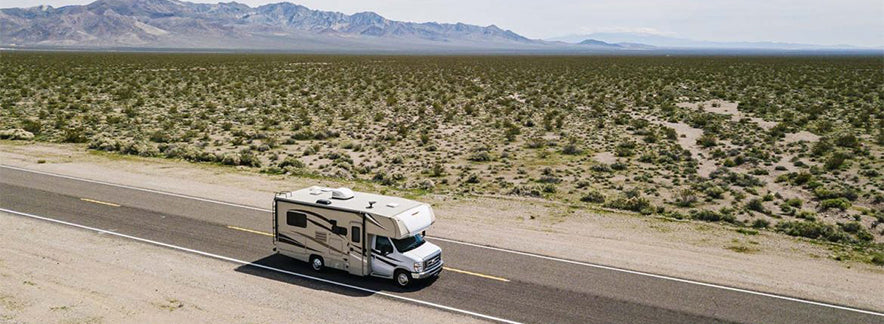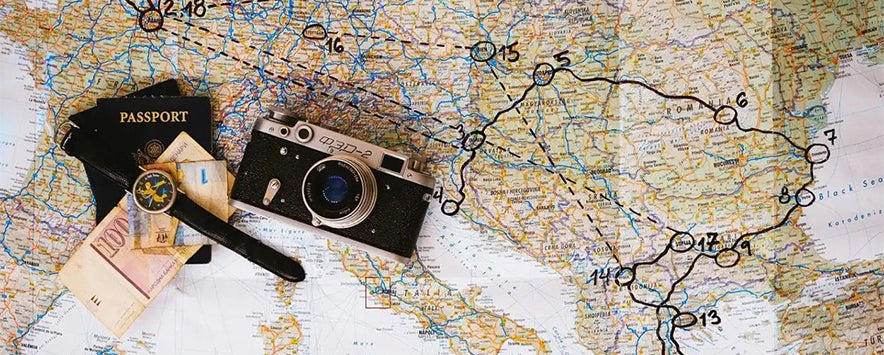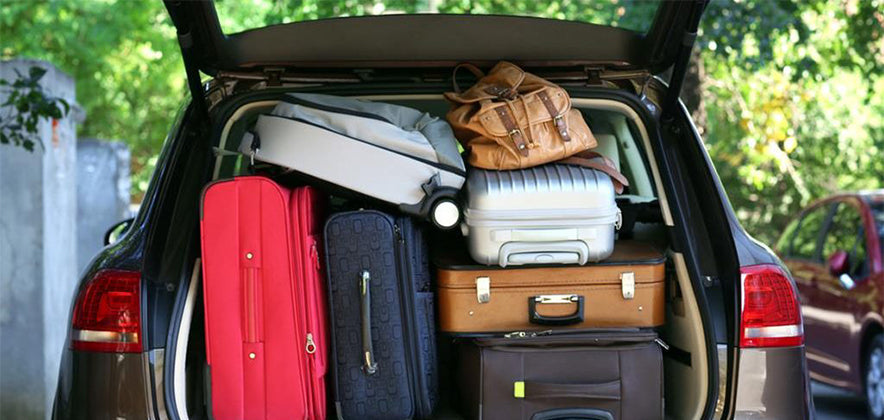Embarking on an RV road trip can be an exciting adventure, but it requires some preparation to ensure a safe and enjoyable experience. Before hitting the road, it's important to plan a road trip that suits your interests and preferences. You can find inspiration for road trip ideas and camping types from online resources or camping guides. Make sure to pack RV trip essentials, such as camping tools, first aid kits, and emergency supplies. To enhance your experience, plan camping activities such as hiking, fishing, or sightseeing. Additionally, camping safety tips should always be kept in mind, including fire safety and wildlife precautions. With proper preparation, an RV road trip can be an unforgettable journey.
1. Make Sure You’re Legal
Make sure you're legal by obtaining all necessary permits, licenses, and registrations for your RV. Different states have different regulations, so check beforehand to ensure that you comply with all requirements. This includes insurance coverage for your RV, which can provide you with liability protection and cover any damages or losses that may occur during your trip.
2. Safety Check
Before starting your RV road trip, it's essential to perform a thorough safety check on your vehicle, covering everything from the brakes, lights, mirrors, and tires to the engine, plumbing, and electrical systems, to ensure that everything is in good working order.

3. Know the Height and Weight of Your RV
It's important to know the height and weight of your RV to avoid collisions with low bridges or overloading. Overloading can cause damage to your RV's suspension, tires, and brakes.
4. Get Used to Wide Turns
Getting used to wide turns is crucial for safe driving during an RV road trip. As RVs are larger than regular cars, they require more space to maneuver, especially when making turns. It's important to take extra care when turning and ensure that you have enough space to complete the maneuver safely.

5. Drive Slow
Driving slowly and staying within the speed limit can help prevent accidents and reduce wear and tear on your RV, which can ultimately save you time and money. It also allows you to better control your RV and react to any unexpected situations on the road, such as sudden stops or sharp turns.

6. Plan Your Route Ahead
Planning your route ahead not only helps avoid traffic and narrow roads, but also allows you to identify rest stops, fuel stations, and potential campsites along the way. By knowing your route in advance, you can save time, reduce stress, and ensure a smooth and enjoyable journey.

7. Avoid Overloading
Overloading your RV with too much weight can affect its handling and braking, leading to potential accidents and damage to your vehicle. It's important to carefully consider what items you need to bring on your trip and pack accordingly, making sure to distribute the weight evenly throughout the RV.

8. Carry the Right RV Emergency Essentials
As much as we try to prevent emergencies on the road, sometimes they are unavoidable. That's why it's important to carry an electric scooter like the TurboAnt V8 with you. The TurboAnt V8 Is a great way to explore the area around your RV without having to drive your RV or car. The TurboAnt V8 is an ideal scooter for RVers because of its design, performance, and ride quality. With a dual-battery design, it offers an ultra-long range, allowing you to ride up to 50 miles on a single charge. The 450 W front hub motor provides an extended range, while the rear dual springs effectively absorb shocks from road imperfections. The 9.3-inch pneumatic tires provide added shock absorption and minimize rider fatigue, making it a comfortable ride. The wide and spacious deck also keeps your feet secure and comfortable, making it an ideal choice for longer rides.

9. Practice in a Safe Place
Before heading out on your RV road trip, it's important to practice driving your vehicle in a safe place, such as an empty parking lot, to get a feel for its size, weight, and handling. This can help you become more comfortable with driving your RV and avoid potential accidents on the road.
10. Check Travel Conditions
Checking travel conditions such as road closures, construction, or inclement weather before departing can help you avoid unexpected delays or hazards on the road. In addition to checking for traffic updates and weather forecasts, it's also a good idea to keep a map or GPS handy to help you navigate unfamiliar roads.
11. Try Not to Drive Past Dark
Try not to drive past the dark as visibility can be reduced, and it can be more challenging to find a suitable campsite. Driving in the dark can also increase the risk of accidents due to reduced visibility, fatigue, and wildlife on the roads.

12. Protect Your Tires
Protecting your tires is crucial to ensure a safe and smooth RV road trip. In addition to checking their pressure and inspecting for damage, it's also important to avoid sudden stops or turns that can cause wear and tear on the tires.
13. Pay Attention to the Weather
When planning your RV road trip, it's essential to stay up-to-date with weather forecasts and make any necessary adjustments to your route to avoid severe weather conditions. Be prepared for unexpected weather events by packing appropriate gear such as rain jackets, boots, and flashlights.
14. Invest in a Roadside Assistance Plan
Investing in a roadside assistance plan can provide you with peace of mind and valuable assistance in case of a breakdown or other emergencies on the road. Before departing on your RV road trip, research and compare different plans to find one that fits your needs and budget.























